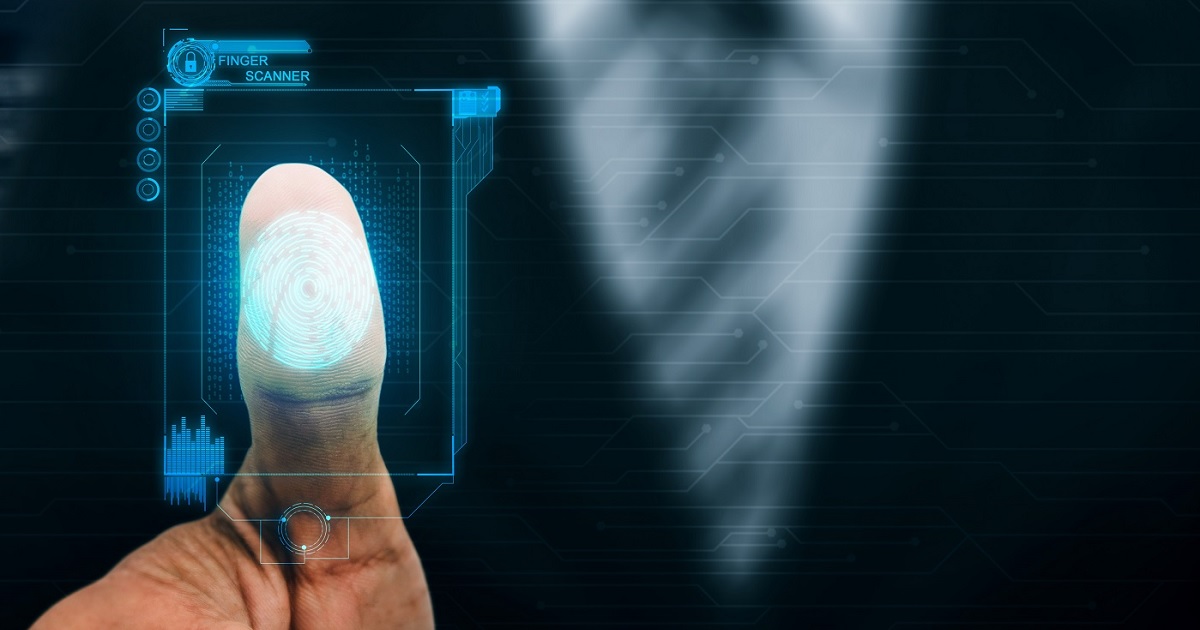CLEAR S-1 Proves Biometrics' Growth Beyond the Travel Industry

Biometrics are poised to make the leap beyond airports and act as a passport to any number of environments where crowds gather in post-COVID reopening.
To that end, biometric security firm CLEAR filed its S-1 with the Securities and Exchange Commission (SEC), paving the way for an initial public offering (IPO) on the New York Stock Exchange.
CLEAR may arguably be best known for its origin that ties into creating “a frictionless travel experience while enhancing homeland security,” as described in the prospectus. At a high level, the company’s biometric security service offers subscriptions to its services, speeding up passenger flow through TSA lines at the airport.
But branching into other use cases shows how fungible, in a way, biometrics tech can be, where knowing who is who — for admission, for security, or commerce — is an essential deployment. But along the way, as CLEAR’s filing shows, the pivot beyond travel — where demand is only now recovering from the ravages of the pandemic — will help determine whether the firm will see ignition. CLEAR points to the “convenience economy” as a critical driver for using biometrics in a bid to streamline everyday interactions.
Tracking The Enrollments
Digging into the prospectus, since inception, there have been 5.6 million cumulative enrollments, with 61 million cumulative use cases across its platform.
Along with the decline in travel-related activity, first-quarter revenues slipped 17 percent as U.S. domestic flyers dropped by 60 percent. But the company remarked in its prospectus that a trend in its favor would be the reopening of and return to secular growth in the travel industry.
As travel declined, cumulative enrollments on the platform were up more than 12 percent, to 5.2 million. Looking across the entire year, revenue was up 20 percent to 230.8 million in 2020, while net loss narrowed to $9.3 million from $54.2 million.
Moreover, the company has debuted its Health Pass app, which stores healthcare-related data such as COVID test and vaccine records, which can help members show credentials required to enter a sporting event. CLEAR has partnered with 26 sports and entertainment partners and 67 Health Pass-enabled partners. That reach helps give coverage to 110 locations, including offices, theaters, and theme parks.
Launched in 2010, CLEAR’s biometric security service is popular among frequent fliers who purchase subscriptions for $179 a year. Along with gaining the ability to speed through airport lines, subscribers can also use the service at sports stadiums and entertainment venues.
Looking Toward Scale
CLEAR defines the total addressable markets, by vertical, as being rather significant. In aviation and travel, 90 million American adults fly at least twice annually, while 31 million flies at least six times annually. In hospitality, there were 1.3 billion room nights occupied in 2019, pre-pandemic, in the U.S. Per data from ESPN, across major sports leagues, there were 130 million sports attendees in 2019.
The movement into adjacent use cases depends on how many consumers embrace $179 annual subscriptions (the price of Clear PLUS) and whether the populations that do so will justify partners signing on with the technology platform.